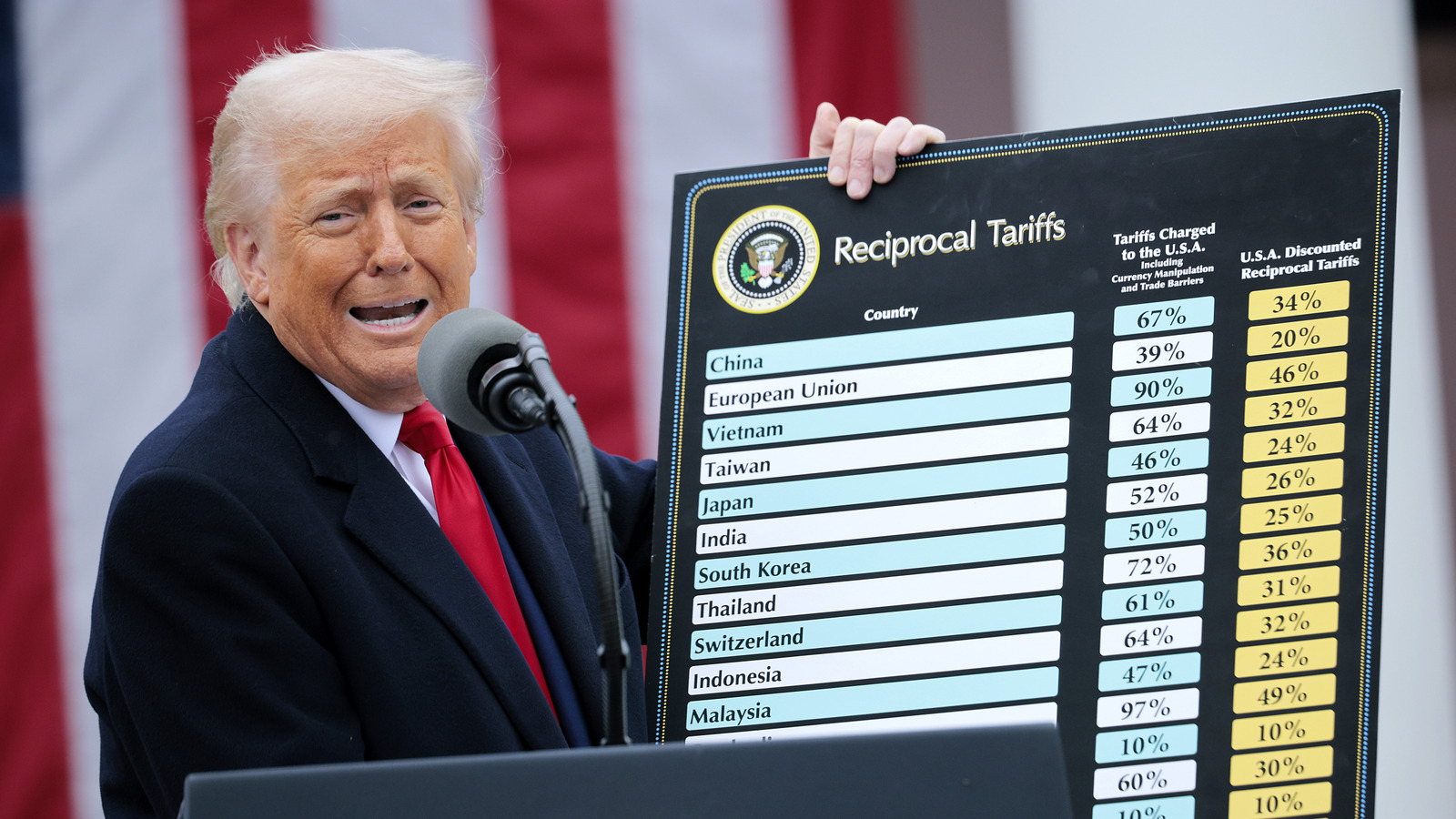
The Silent Squeeze: How Tariffs Are Reshaping the American Auto Industry
The American automotive landscape is undergoing a subtle yet significant transformation, largely unseen by the average consumer but deeply felt by manufacturers and ultimately, impacting the wallets of everyone. The culprit? Tariffs. While the initial shockwaves of these trade policies might have faded from the headlines, their lingering effects are quietly reshaping the industry in ways that are both complex and concerning.
The most immediate consequence is a demonstrable decrease in the variety and availability of vehicles within the US market. Higher tariffs on imported parts and finished vehicles mean increased costs for manufacturers. These added expenses aren’t simply absorbed; they’re passed down the line, directly impacting sticker prices. This price increase makes many models less competitive, particularly those that rely heavily on imported components or those from countries subject to significant tariffs. This isn’t just about luxury brands; even budget-conscious consumers are experiencing the pinch, with fewer affordable options becoming available.
Beyond the direct impact on pricing, the broader consequences for the auto industry are far-reaching. Manufacturers are forced to re-evaluate their supply chains and production strategies. Some are opting to produce more vehicles domestically, seeking to avoid the tariff penalties. This often involves significant investment in domestic factories and infrastructure, a decision not without risks given fluctuating market demands. Other manufacturers are consolidating their models, focusing production on vehicles most likely to remain competitive within the new tariff-adjusted marketplace. This inevitably leads to fewer choices for consumers.
Furthermore, the current climate is creating a chilling effect on innovation and investment. The uncertainty surrounding future tariffs and trade negotiations makes long-term planning exceptionally difficult for automakers. Uncertainty about future costs makes investment in new technologies, like electric or autonomous vehicles, less attractive. Companies are more hesitant to commit vast sums to research and development when the ultimate profitability of their products is obscured by volatile trade policies.
The ripple effect extends beyond the manufacturers themselves. The reduction in vehicle imports affects employment within the US distribution and retail networks. Dealerships may face reduced inventory and potentially reduced sales, leading to job losses or reduced employee compensation. The knock-on effect on the broader economy is undeniable, potentially impacting related industries like parts suppliers and logistics companies.
This isn’t just about the big automakers; smaller, niche players are particularly vulnerable. These companies, often specializing in import vehicles or relying on a specific supplier base, are often less equipped to handle the financial burden of increased tariffs. This potentially leads to bankruptcies or mergers, further reducing the diversity of the automotive market.
The situation highlights a fundamental tension: the desire to protect domestic industries through tariffs clashes with the benefits of a globally interconnected and competitive marketplace. The long-term consequences remain to be seen, but the current reality demonstrates the need for a more nuanced and sustainable approach to trade policy—one that fosters competition while recognizing the vital role of global supply chains in a modern economy. The quiet squeeze on the American auto industry underscores the broader need for carefully considered trade policies, to avoid unintended and far-reaching negative consequences.



Leave a Reply